How women entrepreneurs can raise capital in these uncertain economic times
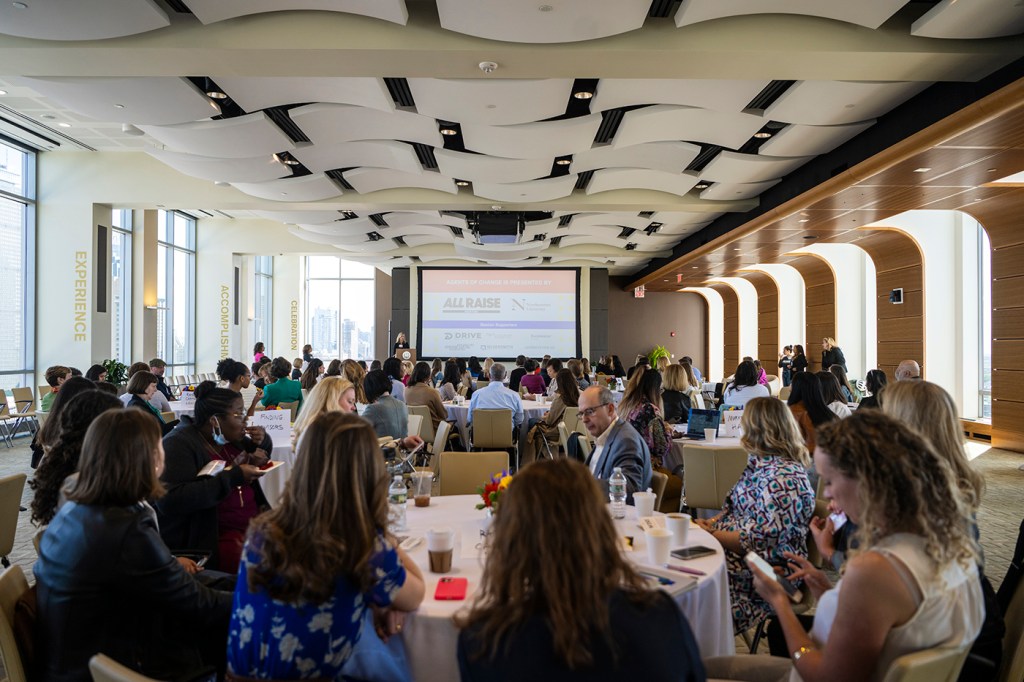
Women continue to be under-represented in venture-backed entrepreneurs and investors. Companies solely founded by women receive less than 3% of all venture capital investments, and women account for less than 15% of checkwriters, according to PitchBook.
With barriers in place and a changing economic outlook, many women entering the entrepreneurial field are unclear about where to go next.
Chris Litster, a software executive and Northeastern University graduate, says the No. 1 thing to figure out while entering the entrepreneurship world is—find your passion.
Then, “be able to speak to your passion as if you are having a conversation with someone rather than on slides,” he says.
He warned that it is vital to steer clear of buzzwords, lingo and empty words.
Also, “Don’t be shy,” Litster says. “Take that step to activate your network … you never know who has what you need next.”
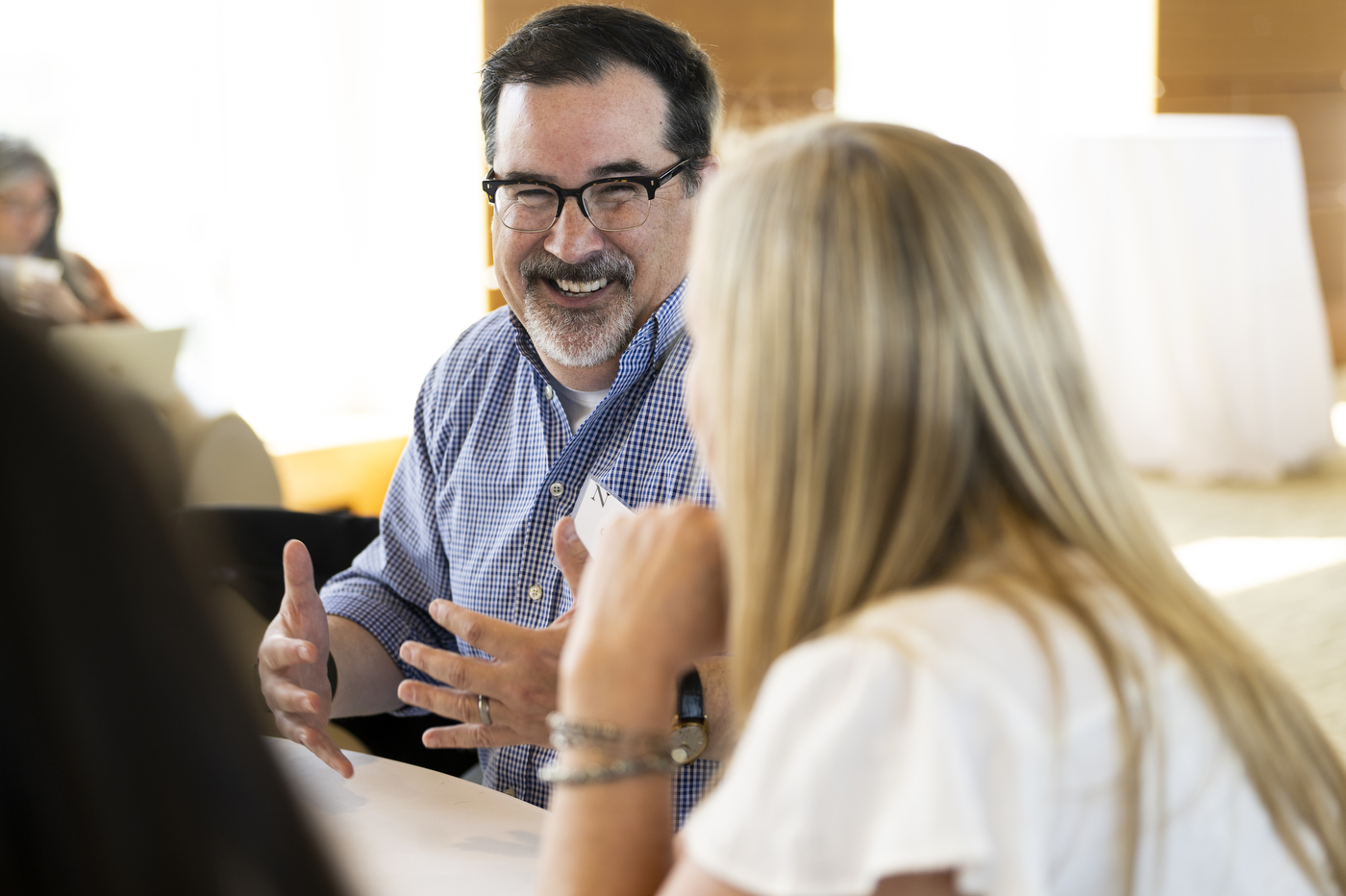
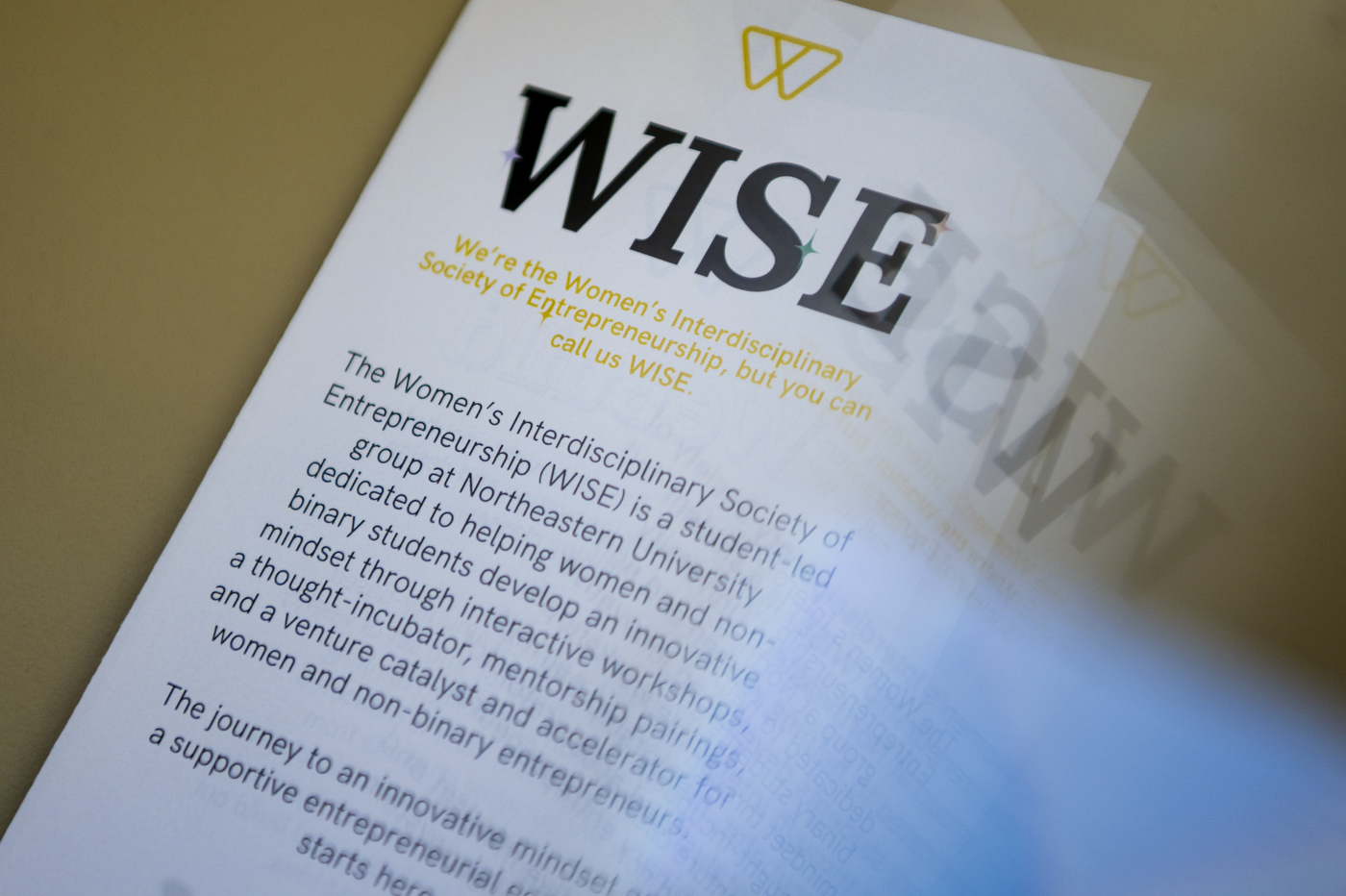
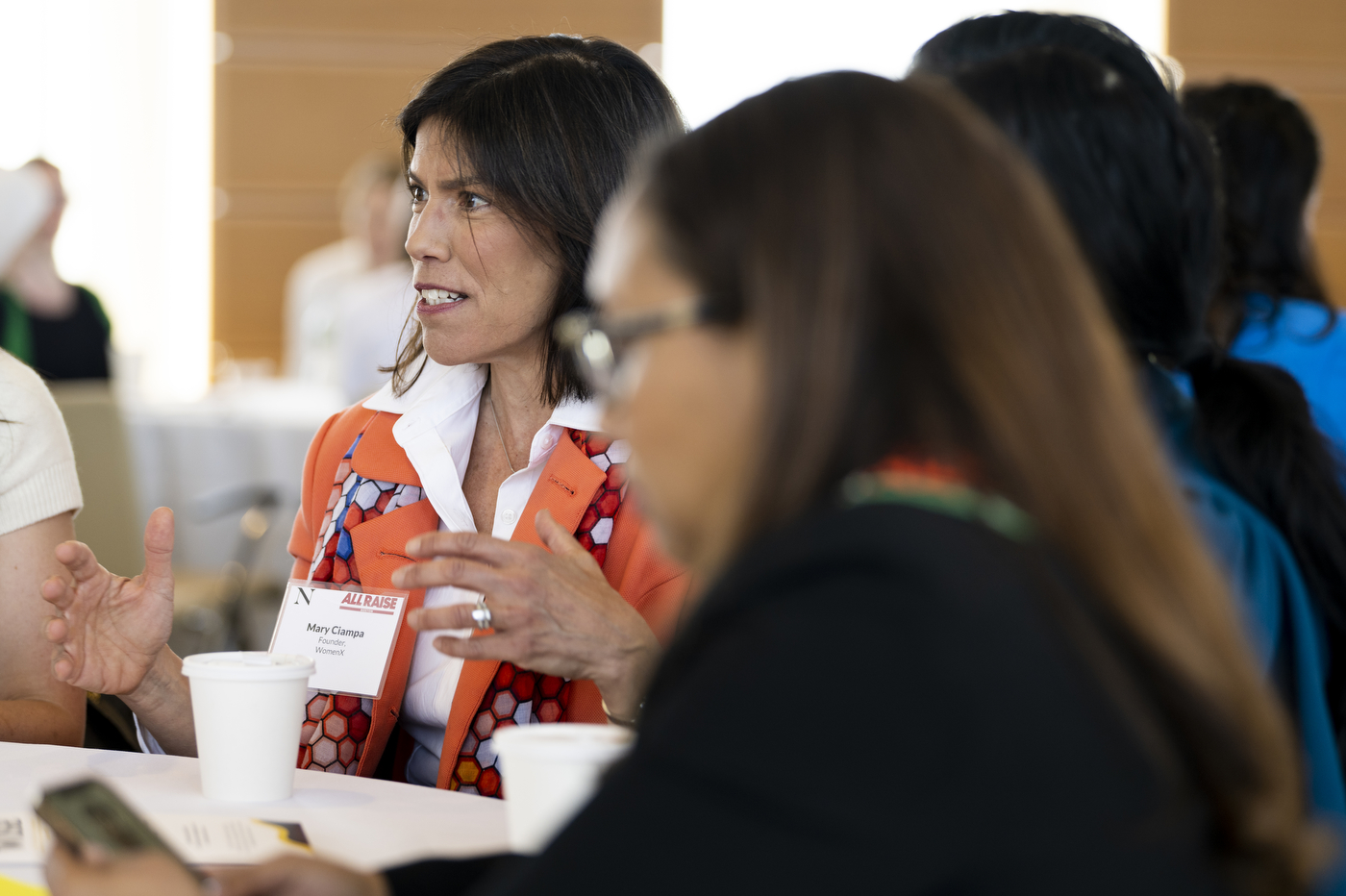
Mary Ciampa, founder of WomenX and a Northeastern graduate, says the university sets students up for success with co-ops to get real-world experience at different companies.
“Northeastern’s ecosystem is if you want to get it done—you get it done,” Ciampa says.
But what it comes down to is numbers. As in the number of venture capital firms you can pitch your idea to.
“It’s all a numbers game,” Ciampa says. “If there are small numbers in Boston, you’re going to have to expand your network.”
Entrepreneurial leaders from across the state convened at Northeastern on Wednesday as part of the All Raise Boston Chapter and Women’s Entrepreneurship Initiative. Women tech founders, investors and entrepreneurs came together to share ideas and network.
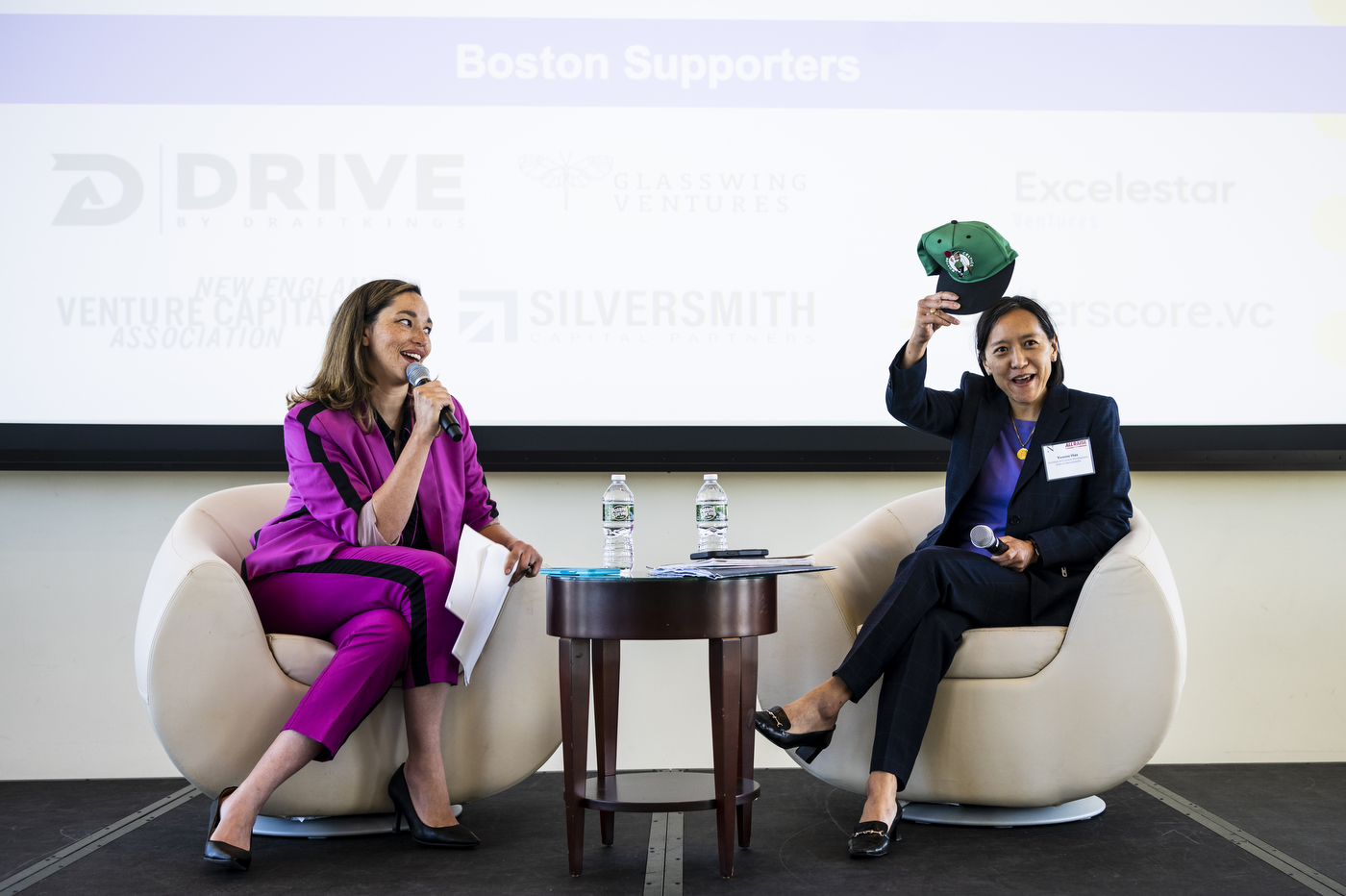
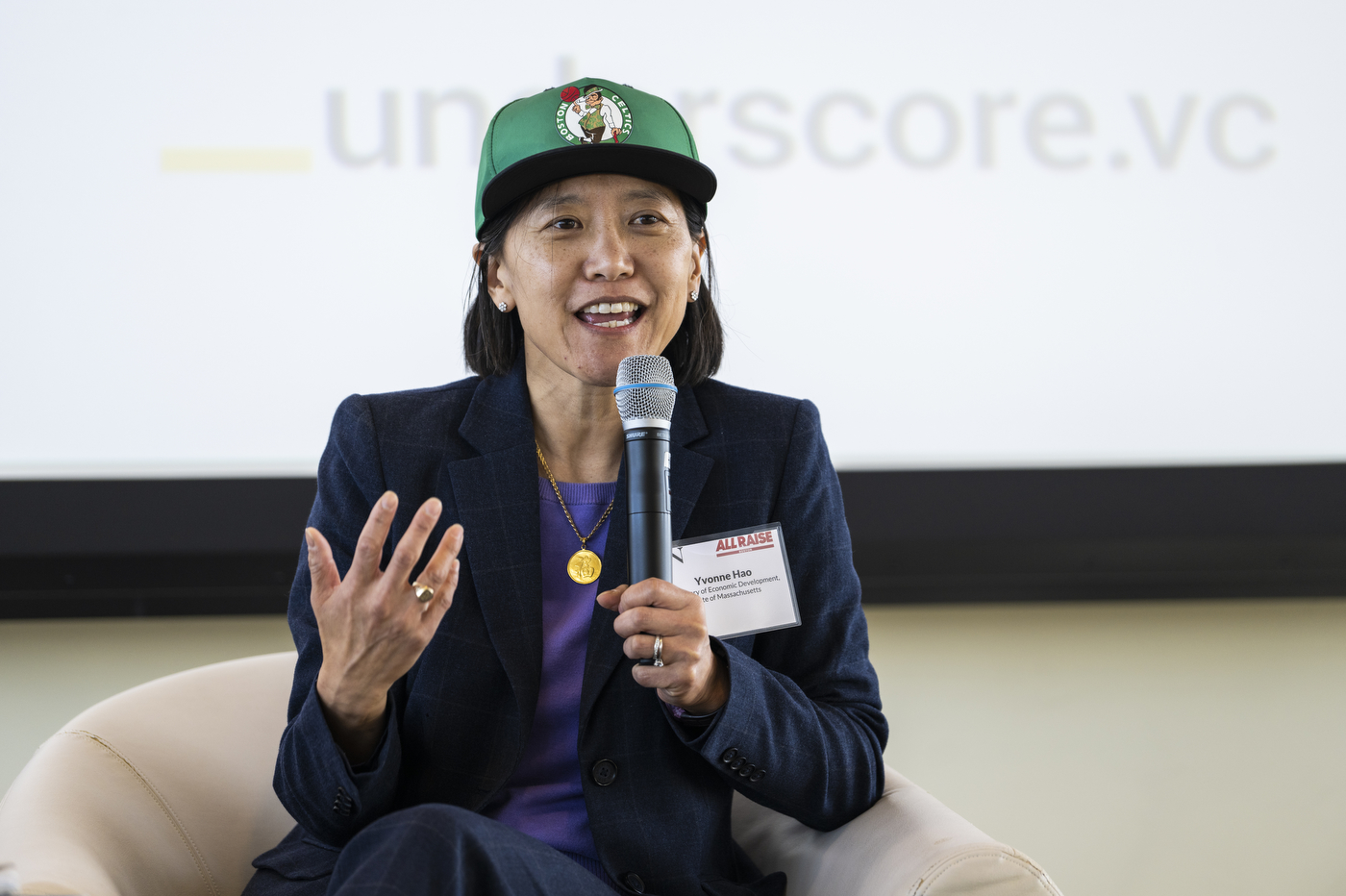
Yvonne Hao, secretary of economic development for Massachusetts and former COO and CFO of Boston-based PillPack, shared her advice on navigating the changing economy.
“I don’t know which was weirder,” Hao says, referring to how the economy was in the past few years versus now.
When interest rates were at 0%, venture capital firms had money to spend. So when she was between jobs, one firm offered her $20 million to start any project—as long as she took their money.
“This is crazy,” Hao says. “No one should give me money. I don’t even have an idea.”
But now, interest rates are rising, banks are failing, there’s high inflation, and a dynamic of low unemployment and layoffs. The economy is different, and venture capital firms are slowing their funding.
But, there is still some hope in obtaining seed funding, Hao says. It is a lower risk and less cash for funders. The key is having a business that can scale and is durable, one that could survive a recession if it happens.
“You don’t want to be caught investing when the knife is falling,” Hao says.
Also, it is OK to fail, Hao says.
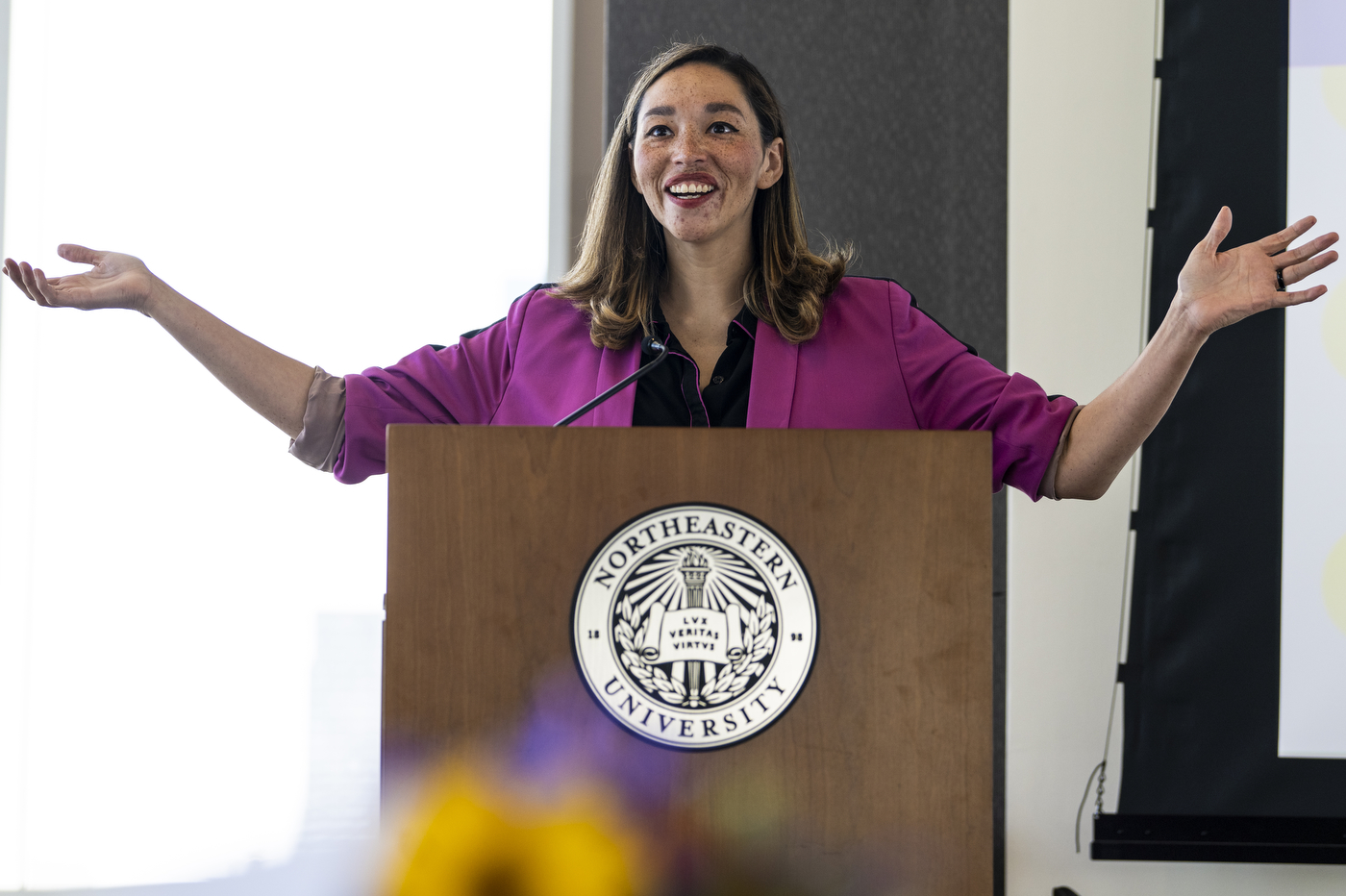
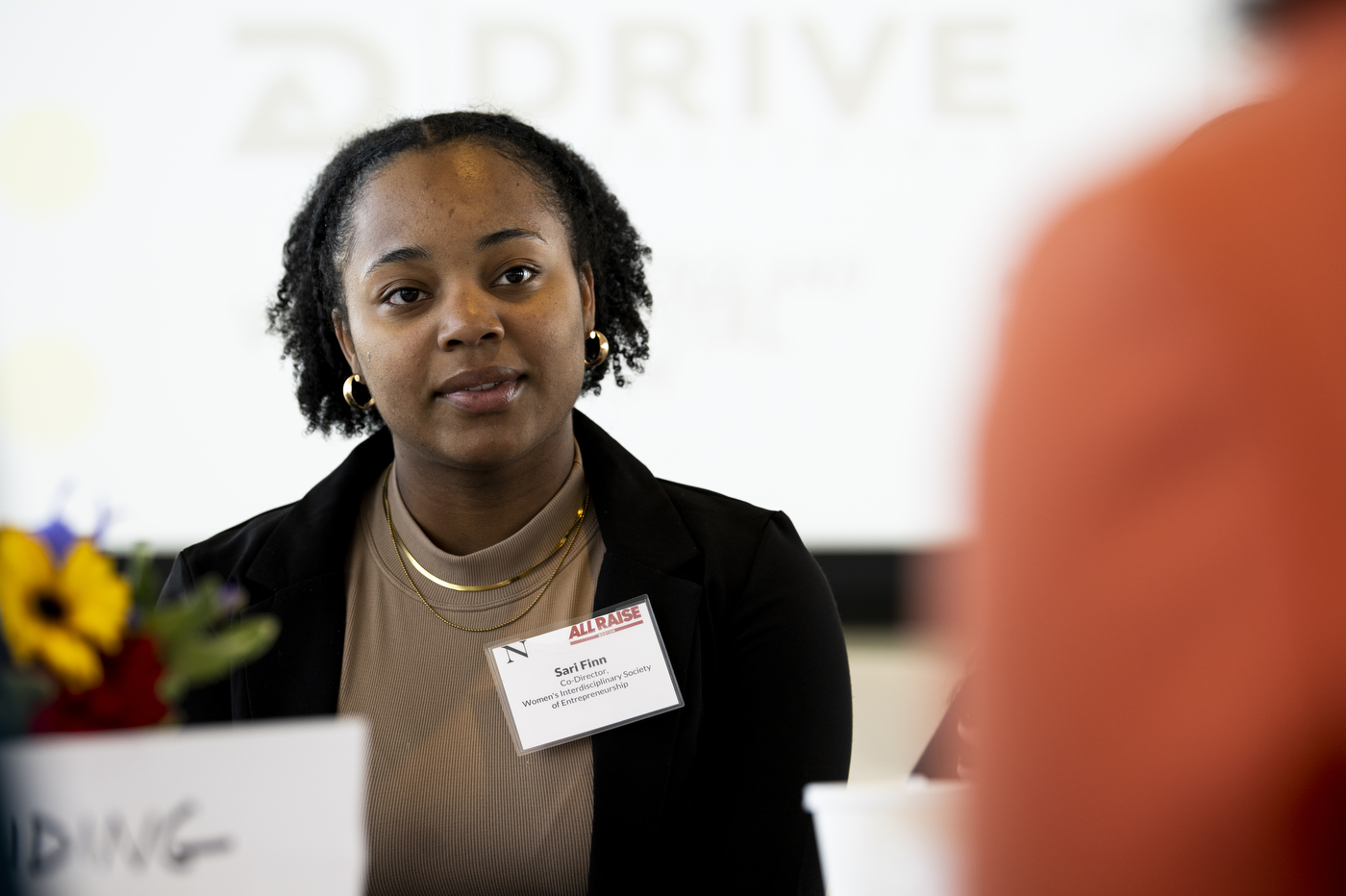
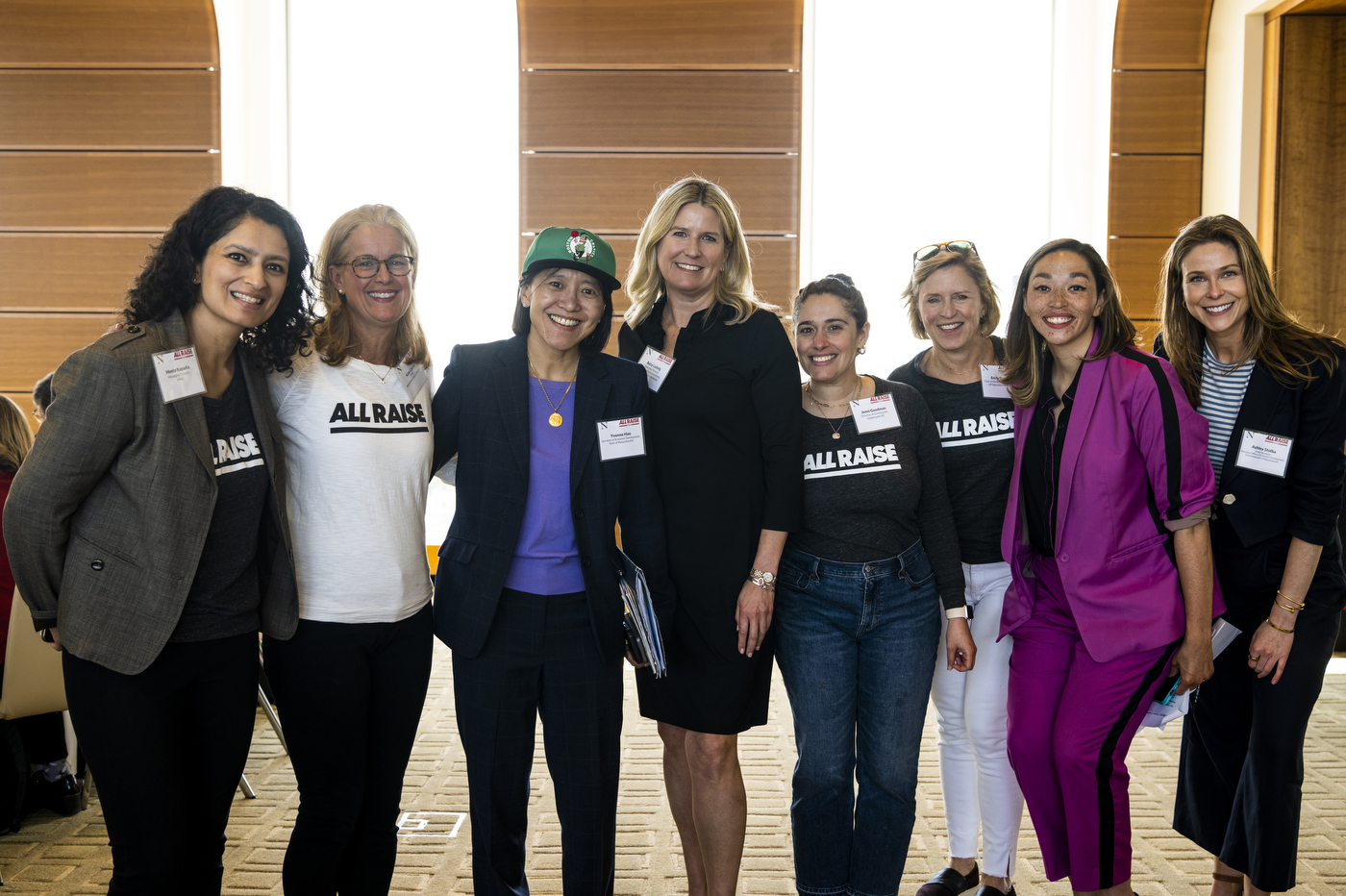
When her team has a failure or a mistake, it is often a time to learn and move on. Women need to understand that it is OK to fail.
“Failure is OK as long as you don’t go bankrupt or kill someone,” she says.
Sari Finn, WISE co-director and a rising fifth-year Northeastern student, says the event sparked many new ideas. An industrial engineering major and entrepreneurial startup minor, she hopes to break down the barriers between making those crucial connections.
“America runs on social capital,” she says. “At WISE, that is one of the things we are trying to bring home.”
Aditi Bansal, a rising fourth-year business communications and marketing major, says one key takeaway was making sure you are getting the right advice from the right people.
“No one tells you how to find the right people,” Bansal says.
Typically, you’re at your computer Googling people, but it’s hard to tell if they would be a proper fit, she says. This event opened doors—saying leaders at these firms wanted to connect and were approaching her.
“I’m a big advocate for finding the right mentors,” says Bansal, who added that Northeastern has an excellent pipeline for talent. “You will lose money, and you will lose sleep, but (to succeed) you’ve got to give people the right connections.”
Beth Treffeisen is a Northeastern Global News reporter. Email her at b.treffeisen@northeastern.edu. Follow her on Twitter @beth_treffeisen.






